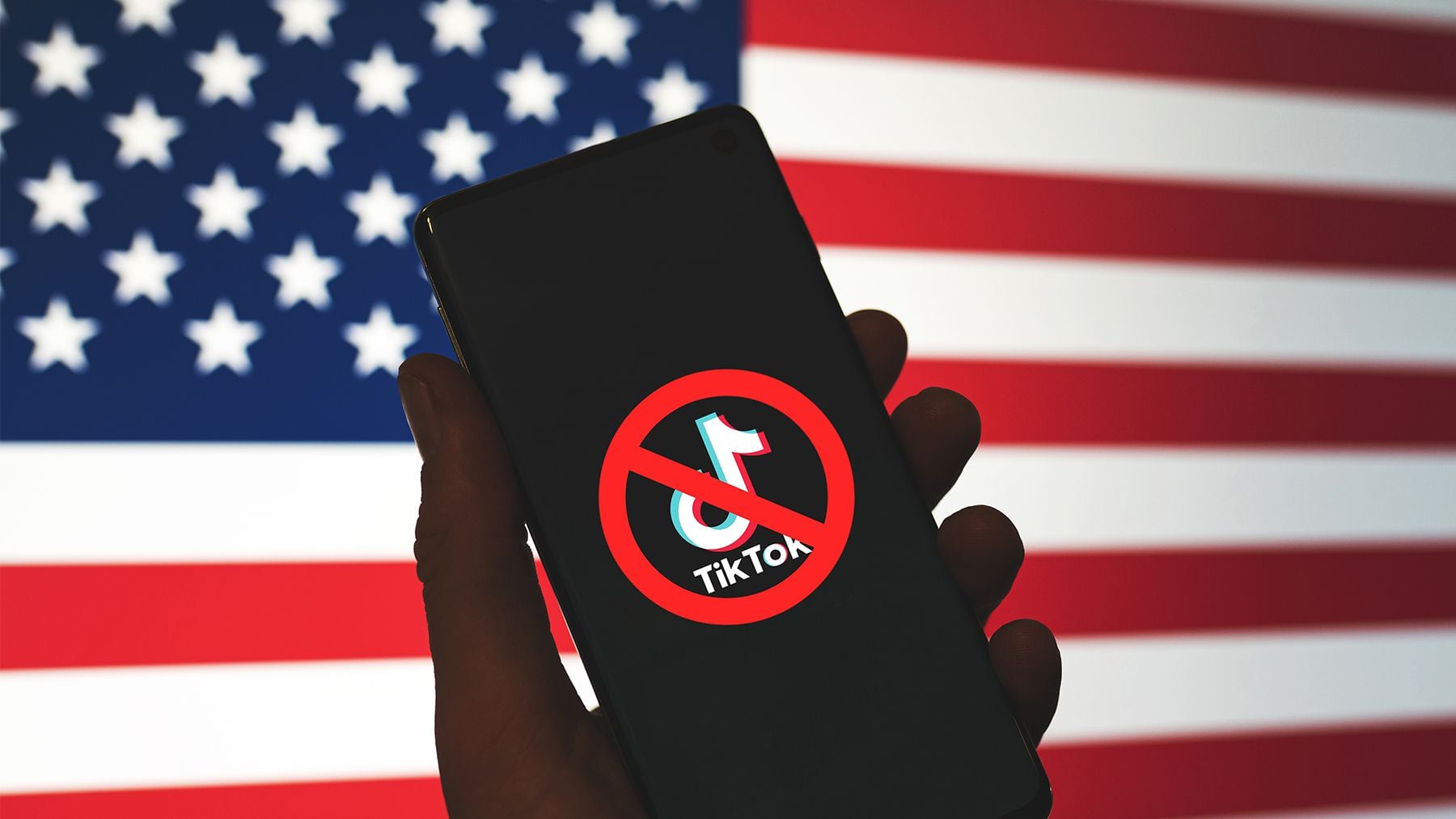
TikTok sued the US government over a new law that will force its Chinese parent company ByteDance Ltd. to divest the popular video app or face a ban across the country.
The lawsuit marks the first legal challenge since Congress passed the law in April. TikTok has argued that the law will stifle free speech and hurt creators and small business owners who benefit economically from the platform. The company previously said that it spent more than $1.5 billion to isolate its US operations and agreed to oversight by American company Oracle Corp.
“For the first time in history, Congress has enacted a law that subjects a single, named speech platform to a permanent, nationwide ban, and bars every American from participating in a unique online community with more than 1 billion people worldwide,” the company said in a Tuesday filing in the US Court of Appeals in the District of Columbia.
The legal battle comes after President Joe Biden signed into law a Ukraine-Israel aid package that includes the TikTok provision. A lobbying push by TikTok chief executive officer Shou Chew failed to persuade US lawmakers who worry about the national security threat of China potentially accessing user data and disseminating propaganda to 170 million Americans — about half the US population.
“There is no question: the Act will force a shutdown of TikTok by January 19, 2025, silencing the 170 million Americans who use the platform to communicate in ways that cannot be replicated elsewhere,” the company said.
TikTok has asked the court to issue a judgment that the law violates the Constitution and to prohibit the Justice Department from enforcing it. TikTok is being represented by Covington and Burling LLP and Mayer Brown LLP.
TikTok’s links to China have faced scrutiny under several administrations. Former President Donald Trump used an executive order to try to force a sale of the app to an American company or face a ban. But his administration also faced multiple legal challenges and judges blocked the ban from taking place. When Biden became president, he put Trump’s ban under fresh review.
“Make no mistake, this is a ban, a ban on you and your voice,” Chew said in a video on the app the day the bill was signed. “Politicians may say otherwise, but don’t get confused. Many who signed the bill say the TikTok ban is the ultimate goal.”
TikTok has argued that a ban would devastate 7 million businesses and shutter a platform that contributes $24 billion annually to the US economy.
Toward the end of last year, legislative efforts to ban or force a sale of TikTok stalled. But classified briefings that raised national security concerns prompted a bipartisan group of US lawmakers in March to plan legislation.
Meanwhile, TikTok and other platforms have been hit with hundreds of lawsuits blaming them for addicting young people to social media and causing mental distress. Montana became the first US state to enact a law that would ban residents from using the app. In December, a federal judge sympathised with TikTok’s free-speech argument in blocking the Montana measure while the legal challenge plays out.
The initial divestiture deadline is set for Jan. 19, which is a day before the next presidential inauguration. Biden will be able to push back the deadline by another 90 days.
By Chris Strohm and Sabrina Willmer
Learn more:
Bytedance May Shut Down TikTok in US if Legal Options Fail
The algorithms TikTok relies on for its operations are deemed core to ByteDance overall operations, which would make a sale of the app with algorithms highly unlikely.



